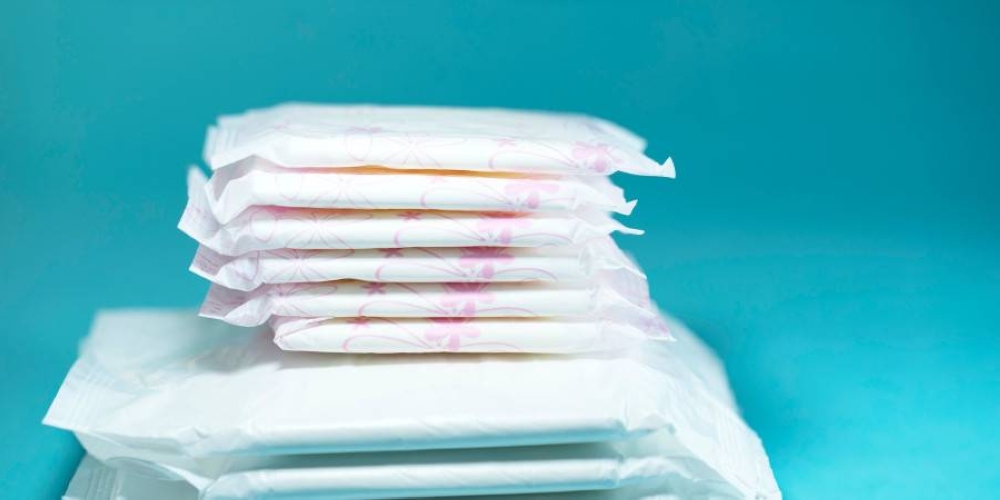DECEMBER 14 — When I first started getting my period, my mother complained that I was going through sanitary pads too fast.
“Last time, I would make my pads last me all day,” she would admonish me.
I didn’t understand then why it was a big deal to keep changing my pads and my mother did not know that even by usual standards, I bled a lot.
Even as I got older I took for granted that menstrual supplies were something I would always be able to afford somehow.
Their cost to me seemed inconsequential but now I have learned that for some it was an unaffordable expense.
For my mother it must have also been a challenge to manage finances in our large household with seven children to feed.
Hearing about period poverty and seeing dismissive responses to efforts to alleviate it, I think, like me, many people don’t understand the financial aspect of menstrual hygiene.
I saw people saying, shouldn’t this be under the Women’s Ministry and not the Health Ministry?
Menstrual health is women’s health. To say period poverty should be a women’s issue and not a health issue is like saying that only health matters experienced by both genders should be under the purview of any health ministry.

Would that mean men’s health issues should fall under a separate men’s ministry then?
Women’s health is also underfunded, a sad state of affairs that is well-documented.
The study Gender disparity in the funding of diseases by the US National Institutes Of Health stated:
“We find that in nearly three-quarters of the cases where a disease afflicts primarily one gender, the funding pattern favours males, in that either the disease affects more women and is underfunded (with respect to burden), or the disease affects more men and is overfunded.”
In conclusion, the study found that the US National Institutes Of Health (NIH) disproportionately allocated resources to diseases that mostly affect men “at the expense of those that affect primarily women.”
If this was an ideal world, we could trust men to be able to address women’s issues, including those involving their health.
In reality women are still their own best champions because men simply cannot relate.
I have seen clueless men on social media suggest that instead of menstrual pads, menstrual cups or reusable pads should be handed out instead.
The reality is that more eco-friendly solutions for periods are not always practical. Cups require sanitising and reusable pads, like cups, also require access to clean water.
Reusables are also impractical in situations such as natural disasters such as floods and improper cleaning can lead to infection and illness.
There is also a lack of empathy and understanding, even among women, about the challenges women face with their cycles.
What can and should be done is to provide more education about periods, to deal with the stigma and assumptions about them.
People should learn that periods and cycles are unique, that women’s experiences can widely differ.
Most importantly everyone, and not just women, should know just how important menstrual hygiene is.
Women do not get to choose not to endure periods so at the very least, they deserve support to get through them.
Periods are not the problem — people not caring enough about them being a problem for women? That’s the real issue that should be and is worth tackling.
To the people who are quibbling about making free pads accessible to all, I wish they wouldn’t be so hung up on “people with money” getting free pads.
The people with money will buy pricier brands — making pads free for anyone who wants them will reduce the stigma and afford dignity for those with lower incomes.
We cannot be obsessed with the so-called undeserving getting benefits until we make it harder to help those who truly need them.
Here’s to a future where no menstruating woman will have to skip school or work, or fall ill, just because she couldn’t afford pads.
* This is the personal opinion of the columnist






















